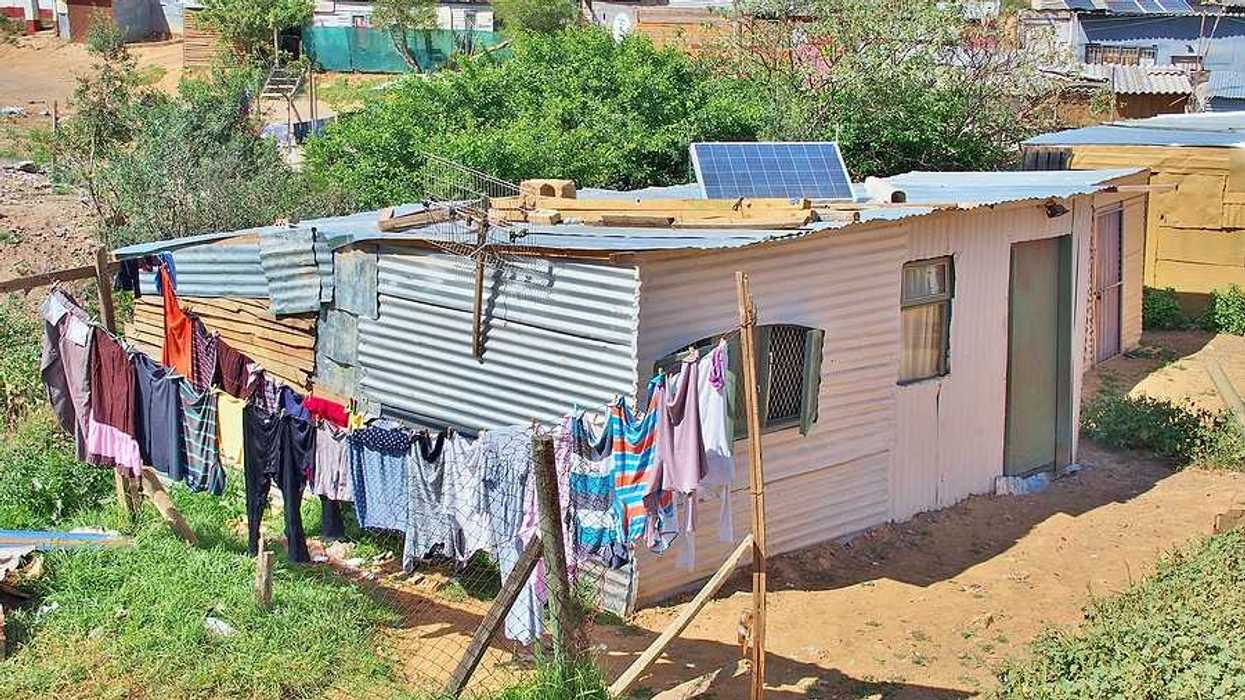A recent workplace fatality at a Louisiana chemical plant comes as the Trump administration pushes to close the state’s only Occupational Safety and Health Administration (OSHA) office, drawing concern from safety experts over weakened worker protections.
Marcus Baram reports for Capital & Main.
In short:
- Mathew Roberts, a veteran and father of two, died after a forklift accident at a chemical plant near Baton Rouge; OSHA and local authorities are investigating.
- The Department of Government Efficiency under President Trump has proposed closing 11 OSHA field offices, including the only one in Louisiana, which handled 386 inspections last year.
- Former OSHA officials warn the closures will delay responses to worker complaints and decrease oversight in an area dense with petrochemical facilities and a high rate of workplace injuries.
Key quote:
“These closures will result in more injuries, illnesses and deaths.”
— David Michaels, former director of OSHA
Why this matters:
“Cancer Alley,” the stretch along the Mississippi River between Baton Rouge and New Orleans, is home to more than 200 refineries and chemical plants. The region's nickname stems from the high incidence of cancer linked to petrochemical pollution. Louisiana already ranks among the most dangerous states for workers. Removing the state’s only OSHA field office, which plays a critical role in investigating workplace hazards and enforcing safety rules, would leave vulnerable workers with even fewer protections. Without on-the-ground enforcement, response times to workplace accidents may lag, and companies operating dangerous facilities may face less scrutiny.














